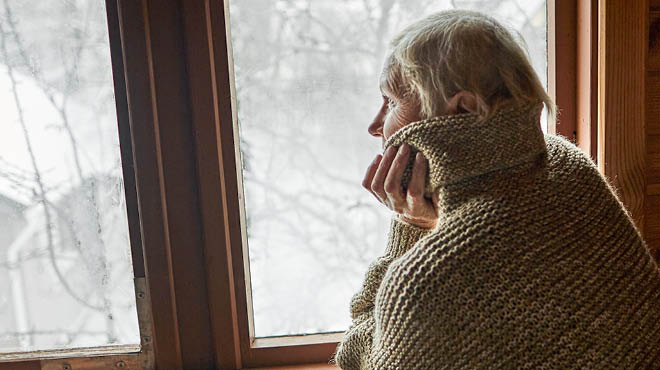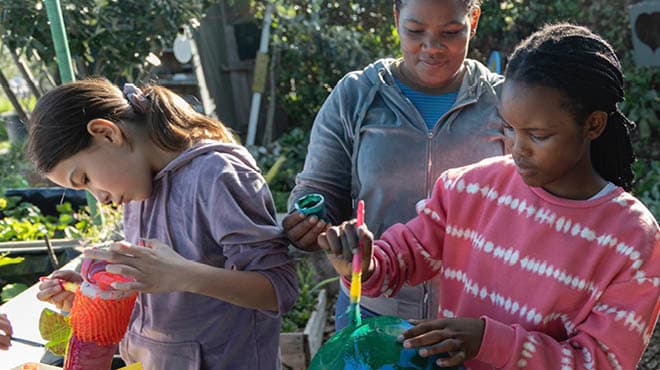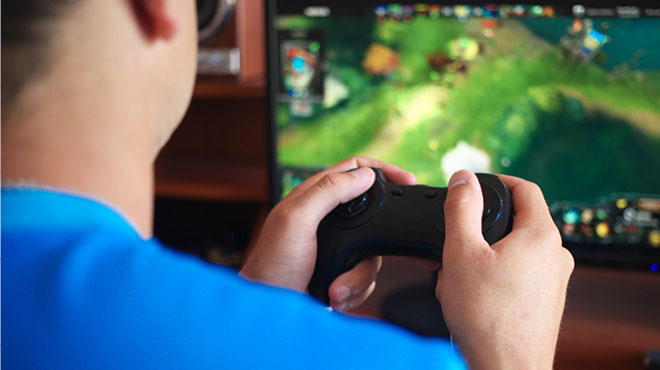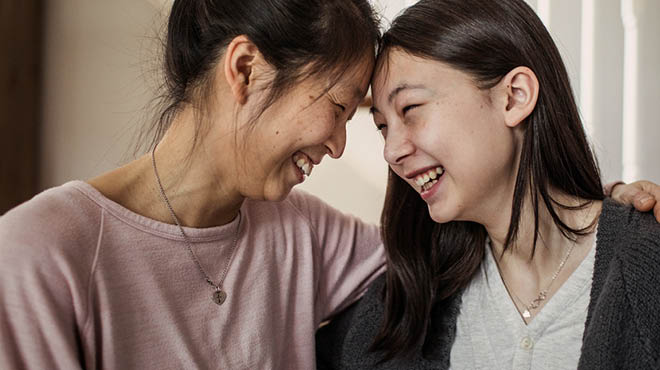Recent Posts
-

-
 Speaking of HealthUnderstanding autism: The path to diagnosis, awareness and supportApril 24, 2024
Speaking of HealthUnderstanding autism: The path to diagnosis, awareness and supportApril 24, 2024 -

Parenting a child, teen with ADHD

Attention-deficit/hyperactivity disorder (ADHD) is the most common childhood mental health problem. ADHD affects an estimated 6 million children ages 3–17, according to the Centers for Disease Control and Prevention. The behavior of children with ADHD often seriously disturbs relationships with parents, teachers, peers and siblings, and leads to academic problems.
ADHD complicated by additional disorders
Children and teens with ADHD are at increased risk of developing depression, anxiety and substance abuse disorders. And children who don't receive treatment are at greater risk of becoming underachievers in school, getting in trouble, being disciplined for uncontrollable behaviors, and struggling with socializing and making friends.
These challenging behaviors can make parenting children and teens with ADHD more difficult. Parents often turn to specialists to help manage children's specific needs. Specialists can include psychiatrists, psychologists, therapists and special education teachers.
Managing ADHD behaviors with behavioral parent training
Parents are the best people to manage ADHD behaviors. Children and teens with ADHD require a higher level of parenting. This is referred to as "superparenting." Behavioral parent training teaches superparenting skills led by specialists trained in working with children with ADHD and their families.
Behavioral parent training is the recommended first line of treatment. It's an effective treatment for children and teens with ADHD to improve behavior, self-control and self-esteem. It teaches parents how to nurture children and teens through positive techniques.
This form of parent training teaches new skills or strengthens existing skills for parents to teach and guide their children and teens to manage ADHD behaviors. When used by parents, these techniques teach children and teens to control their behavior better, leading to improved functioning at school and home. In addition, parent training is shown to strengthen the relationship between the parent and child and decrease negative or problem behaviors.
Clinical therapists teach behavioral parent training in an individual or group format. Clinical therapists experienced with ADHD teach parents the skills necessary to parent a child or teen with ADHD. Families who choose group therapy can benefit from the support of other families dealing with an ADHD diagnosis.
Other treatments toted as helping with ADHD but not proven effective include play therapy, computer games, biofeedback and the use of dietary supplements.
Pandemic's effect on children with ADHD
Children experienced many changes during the COVID-19 pandemic. Children with ADHD may find it harder to adapt to school after a period of online learning when there was increased access to electronic devices and digital media. Research will need to be conducted to determine if ADHD symptoms, behavioral concerns, executive functioning difficulties and family struggles grew due to increased digital media use during the pandemic.
Parenting is challenging. Parenting a child or teen with ADHD is even more challenging. Fortunately, techniques for parents and treatment options can ease the challenges of raising children with ADHD.
Contact Psychiatry & Psychology or Pediatric & Adolescent Medicine in your community for more information or resources.
Janice Schreier is child and adolescent clinical therapist in Psychiatry & Psychology in La Crosse, Wisconsin.


